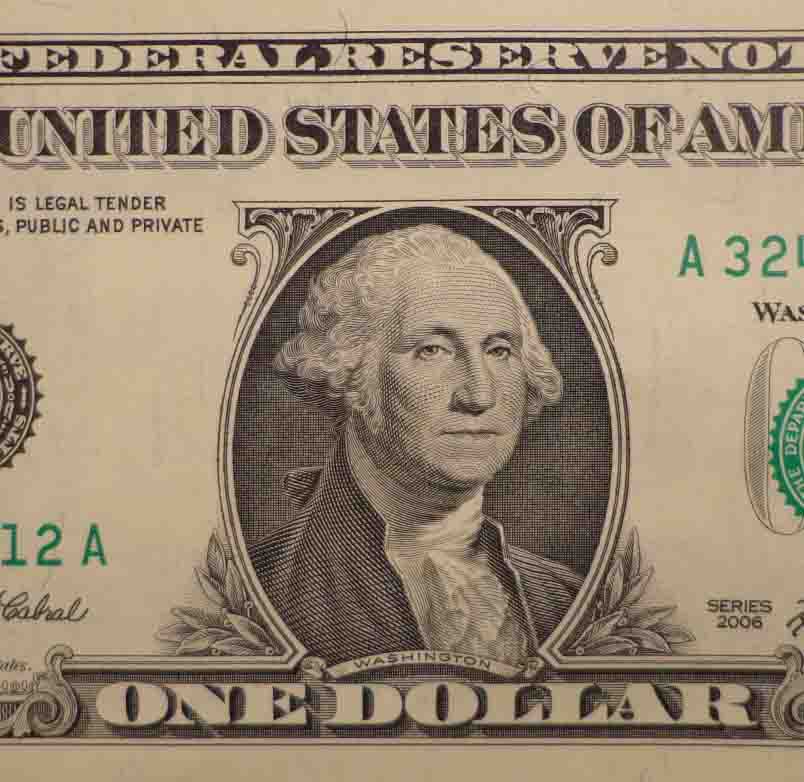A key focus of my blog is Financial Literacy/Money. While your credit score isn’t necessarily the be all and end all for your personal financial health depending upon your own unique circumstances, it’s definitely better to have a good score versus a bad score. If you have a lower credit score and want to raise it, it’s absolutely doable. The following sponsored post is entitled, 3 Tips for Raising Your Credit Score.
* * *

Your credit score is important as this number is often what qualifies you for the loans you need to make big purchases. Unfortunately, many people have subpar credit score due to having too much debt. It is never too late to work on improving your credit score so if you use these three tips, you can boost your score so you can qualify for large loans in the future.
Pay Off Debt
Paying off debt is the simplest way to improve your credit score but it can be difficult to do when you live paycheck to paycheck. Start by tracking your monthly expenses and creating a budget. Then make sure you have paid all of your bills and place any extra money you have on your lowest credit card bill. Paying more than the minimum payment will help you pay off the card more quickly.
Keep Lines of Credit Upon
One of the biggest factors for your credit score is the ratio of debt to available credit. The higher this ratio is, the lower your credit score will be. For this reason, it is a good idea to keep lines of credit open even after you have paid them off. Your credit score will increase as debt goes down and you have more available credit for each of your cards.
Monitor Your Accounts for Fraudulent Charges
While most credit card companies catch large fraudulent charges to your account, they may not notice small charges that add up over time. If you aren’t monitoring your accounts, you may find yourself paying for these charges without realizing it. Make it a habit to check each of your accounts regularly so you can initiate a charge review if you have any fraudulent charges.
Improving your credit is a lengthy process but it can be done. Use these three tips to get started.

